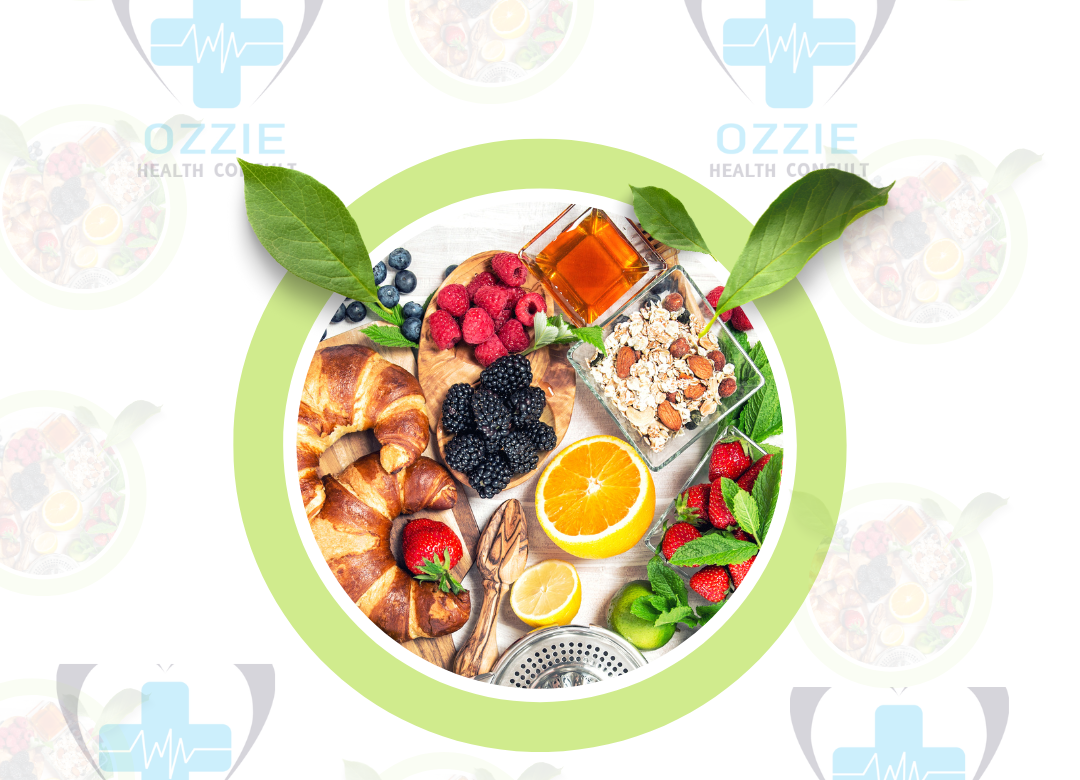Ozzie Health Consult: Fuel Your Body, Empower Your Life
At Ozzie Health Consult, we believe nutrition is the foundation for optimal health and vitality. We’re here to guide you on your nutritional journey, empowering you to make informed choices that fuel your body and support your overall well-being.
Our Approach to Nutrition:
- Personalized Nutrition Plans: We consider your individual needs, health goals, and dietary preferences to create a customized plan that fits your lifestyle.
- Focus on Whole Foods: We emphasize the importance of a balanced diet rich in whole, unprocessed foods like fruits, vegetables, whole grains, and lean protein.
- Learn to Eat Mindfully: We’ll help you develop healthy eating habits and a positive relationship with food, promoting mindful eating practices.
- Addressing Nutritional Deficiencies: We can assess potential nutrient deficiencies and recommend dietary modifications or supplements (always consult your healthcare provider before starting supplements).
- Cooking for Health: We offer guidance on healthy food preparation and cooking techniques, making it easier to incorporate nutritious meals into your routine.
Shop Our Nutritional Essentials:
Our online shop provides a variety of tools to support your nutritional journey:
- High-quality cookbooks and meal-planning resources
- Kitchen tools and healthy cookware
- Nutritional supplements (always consult your healthcare provider before starting any supplements)
- Organic and whole-food pantry staples
Schedule a Consultation with a Nutritionist:
Our team of qualified nutritionists can provide personalized guidance, answer your nutrition questions, and help you navigate any dietary challenges you may face. Schedule a consultation today!
At Ozzie Health Consult, we believe food is more than just sustenance. It’s a powerful tool for empowerment. We’ll help you create a healthy, sustainable relationship with food and unlock your full potential.
